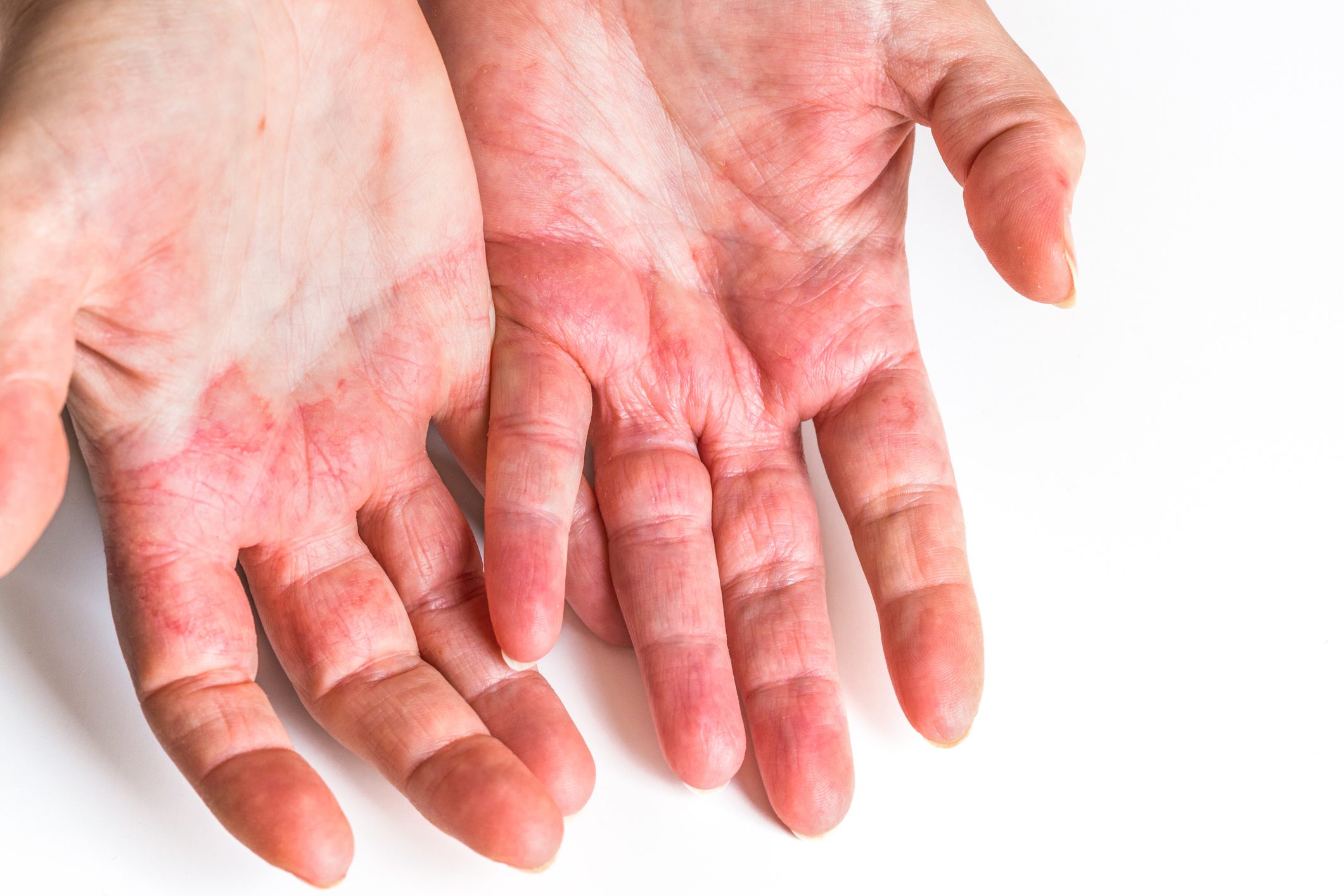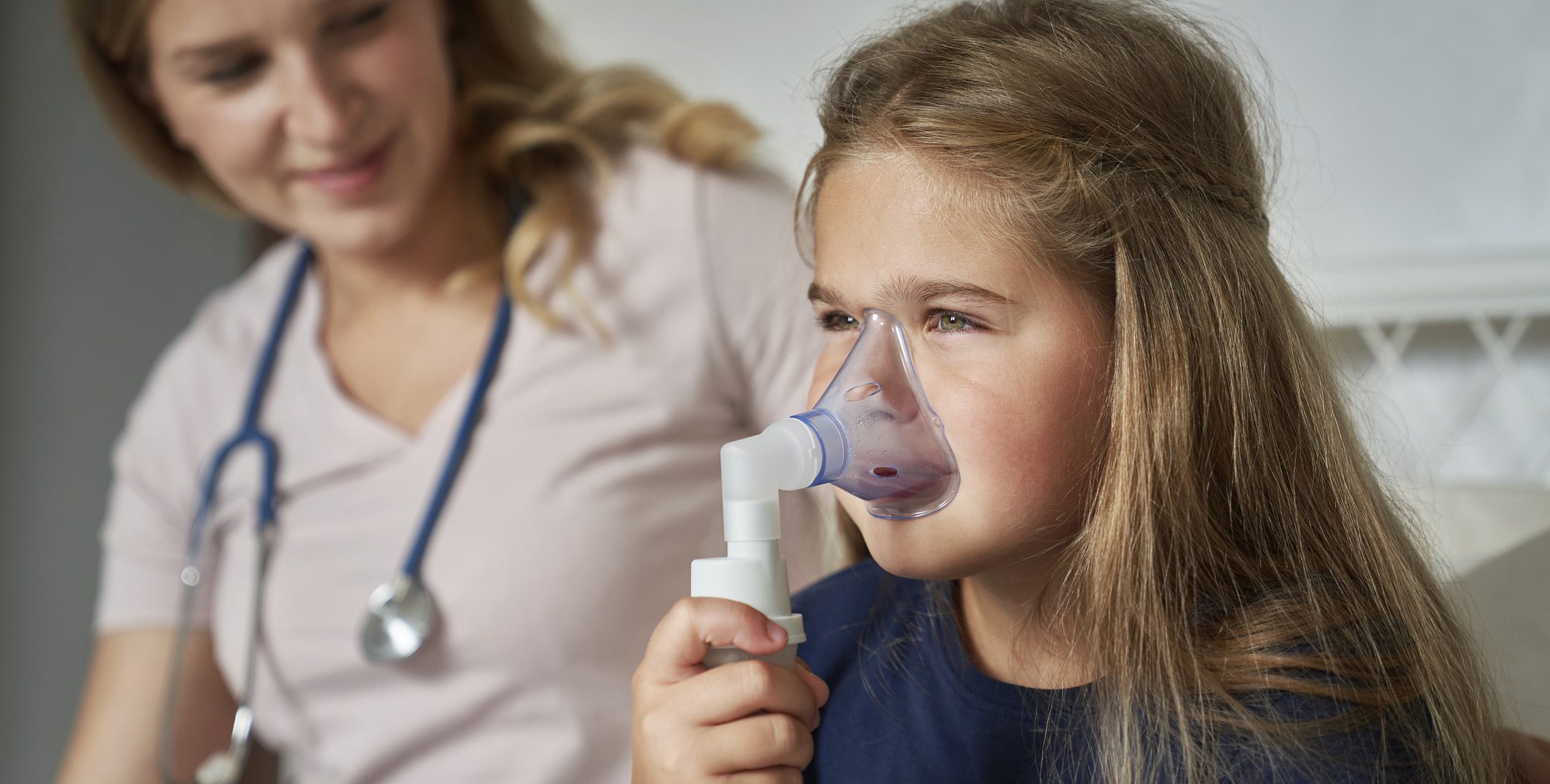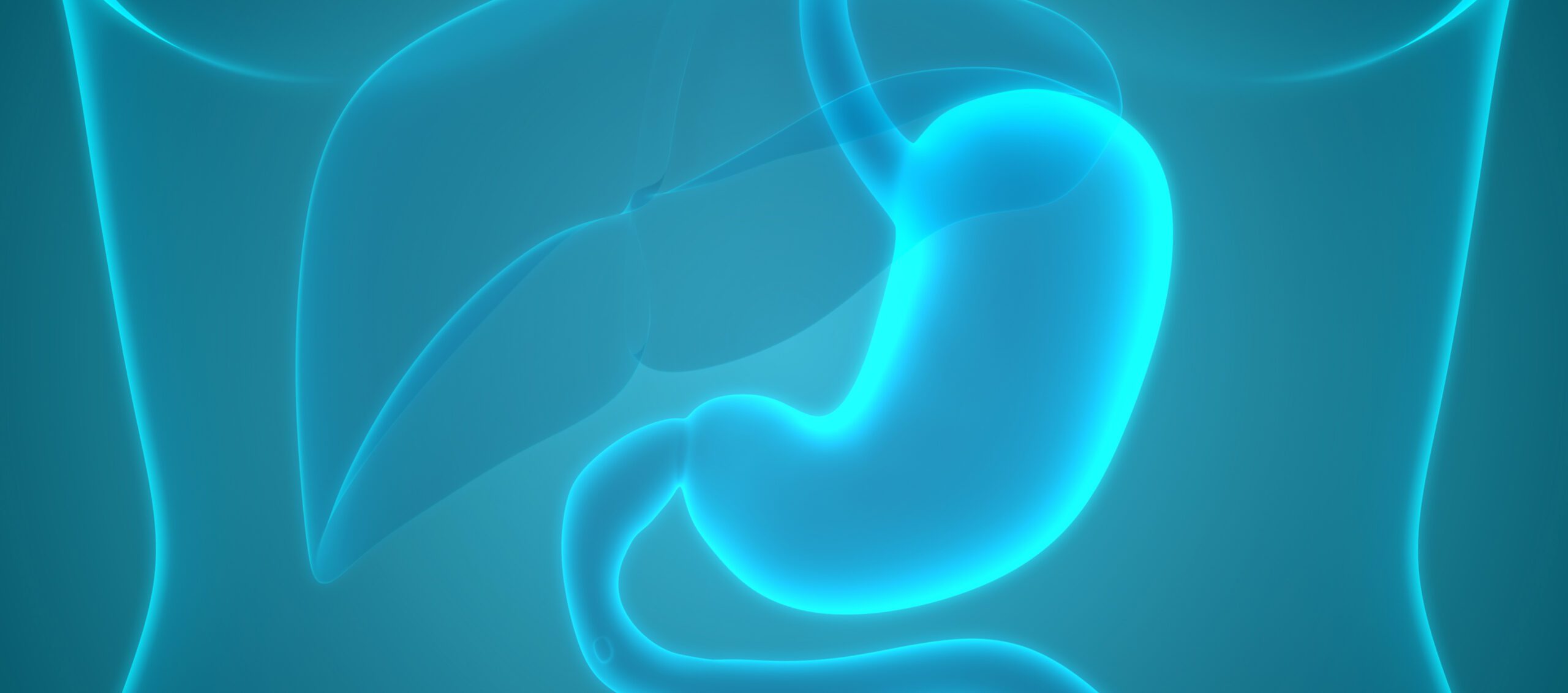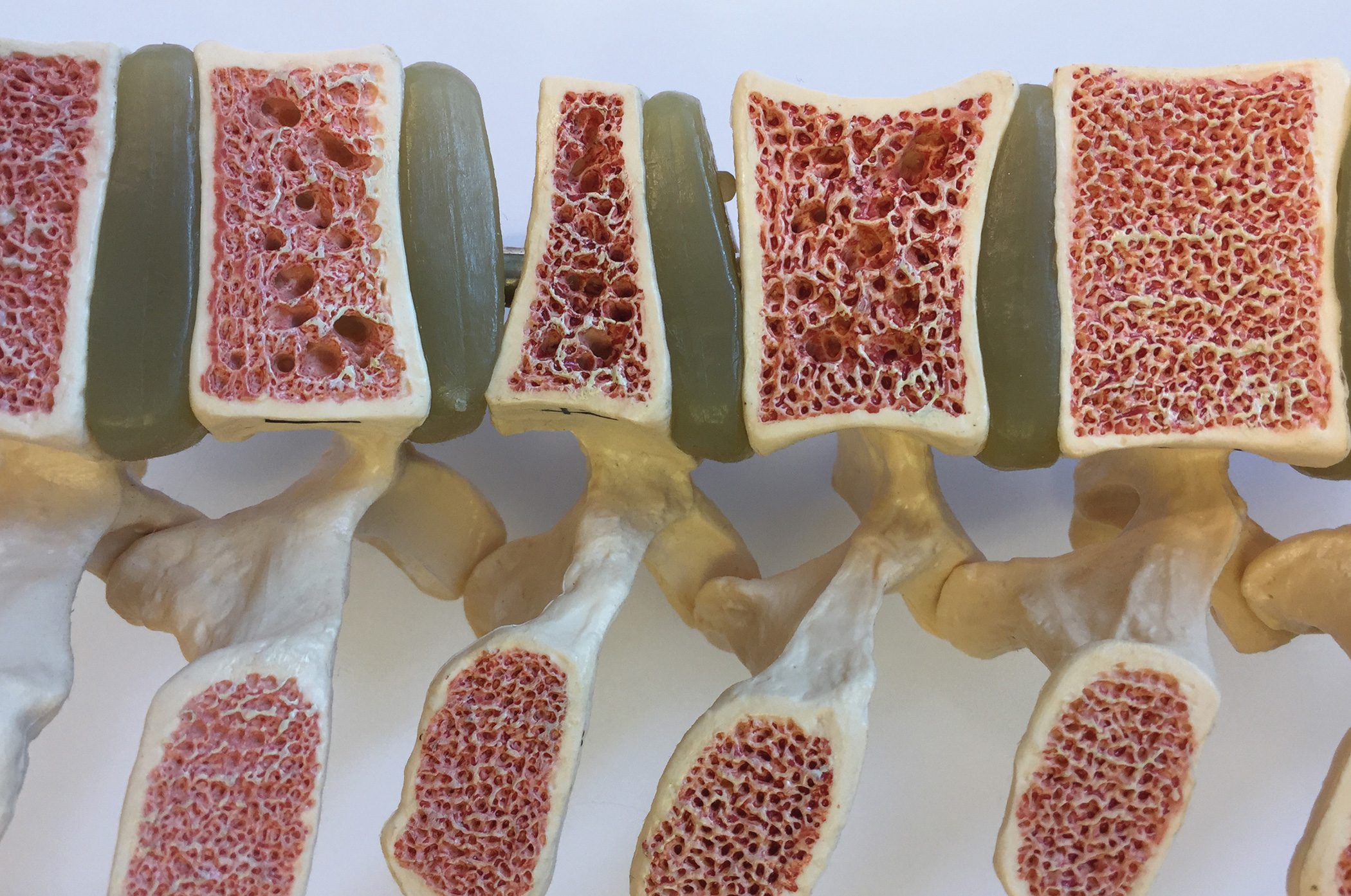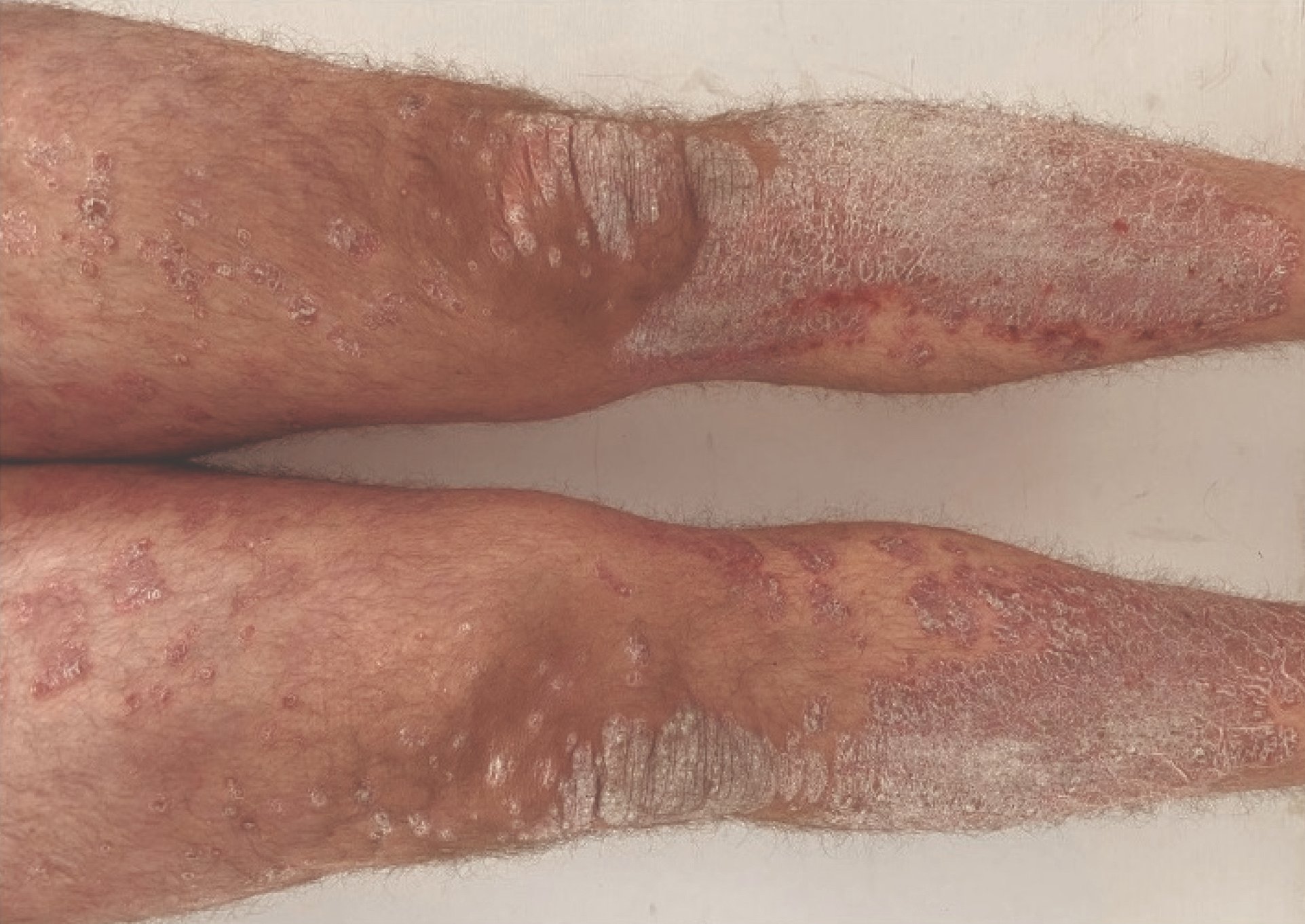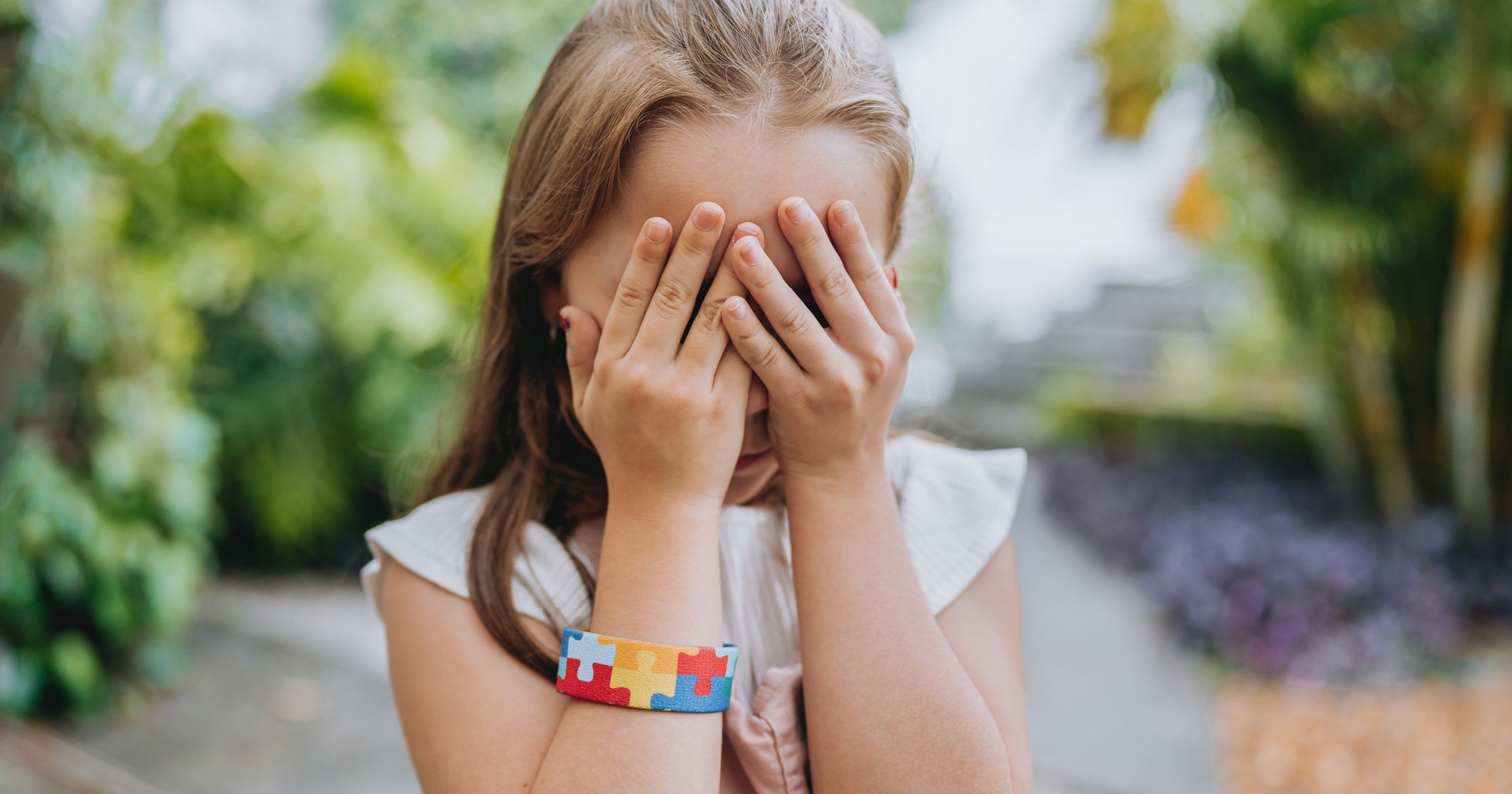Chronic wounds are usually associated with a significant reduction in quality of life (QoL). Within the framework of qualified wound management, an improvement in QoL is also sought. The Wound-QoL is a practice-oriented short questionnaire that is well suited for use in clinical practice. An important parameter for the assessment of progression is the minimum clinically important differences ( MCID). An interdisciplinary research team determined the MCID of the Wound-QoL Global Score and its subscales for patients with chronic wounds.
In this context, chronic wounds are not only those that have not healed after eight weeks, but also those whose treatment requires ongoing therapy of the persisting cause from the outset, such as in diabetic foot ulcers, wounds in PAOD, venous leg ulcers, or pressure ulcers [1]. The Chronic Wound Quality of Life Questionnaire (Wound-QoL) is a validated, internationally widely established instrument for measuring disease-specific quality of life in patients with chronic wounds [2,4]. It consists of 17** self-explanatory items asking about impairment within the past seven days (5-part Likert scale of 0-4). The Wound-QoL can be completed independently by the patient and is well suited for clinical practice, but can also be used for research purposes.
** Wound-QoL short form = 14 items
Determination of the MCID of the Wound-QoL-Global-Score and its subscales.
Minimum clinically important differences ( MCID) are an important parameter in patient-centered care. Based on the MCID, the course of therapy can be interpreted taking into account the patient’s point of view. MCID are defined as changes in quality of life that a patient considers at least significant for treatment to be designated as beneficial and worth repeating. Thus, it is a type of threshold to identify a medically relevant change in condition from the patient’s perspective.
In a research project involving the Institute for Health Services Research in Dermatology and Nursing Professions, University Hospital Hamburg (D), routine care patients completed the Wound-QoL before and 4-6 weeks after treatment and also provided a global assessment of the change in wound status as an anchor question. MCIDs were calculated using an anchor-based method and a distribution-based method.
| Quality of life and “wound balance The concept of “wound balance” is multifactorial and links relevant factors of the wound healing process and clinical practice. The “wound balance” concept aims to integrate essential parameters that enable continuity and individualized care and support clinical decision making. “Wound balance” and quality of life are inextricably linked. By putting patients first and improving their quality of life, we can not only promote healing, but also improve lives overall. The Wound-QoL (Chronic Wound Quality of Life Questionnaire) is specifically designed to meet the needs of patients with chronic wounds, provides valuable information to improve wound management, and has proven to be very useful in practice. |
| to [3,4] |
Results and conclusion
A total of 227 patients with chronic wounds (leg ulcers, diabetic foot ulcers, decubitus ulcers) participated in the study. The mean age of the study population was 66.9 (± 12.7) years, the median was 69.5 years, and 51.5% of the patients were female. The MCID for the Wound-QoL global score ranged from 0.47 to 0.52, yielding an overall estimate of 0.50. This was largely independent of clinical baseline values and duration of therapy. Consequently, when using the Wound-QoL in the course of chronic wound management, changes with the threshold of 0.50 can be considered clinically relevant. The determination of this threshold allows the formulation of therapeutic targets in routine care and provides a basis for methodologically robust responder analyses in clinical research.
Congress: DDG Annual Conference
Literature:
- “Chronic Wounds,” ICW Wounds, www.icwunden.de/fileadmin/Literatur/Standards_2022.pdf,(last accessed 07/14/2023).
- Augustin M, et al: Determination of the “Minimal Clinically Important Difference” (MCID) of the Wound-QoL questionnaire for research and practice, P321, DDG meeting, 26-29.04.2023.
- “Wound balance: achieving wound healing with confidence”. Wounds International, 2023, London. www. woundsinternational.com,(last accessed 07/14/2023).
- Blome C, et al: The “Wound-QoL”: A short questionnaire measuring quality of life in patients with chronic wounds based on three established disease-specific instruments. Wound Repair Regen 2014; 22: 504-514.
DERMATOLOGIE PRAXIS 2023; 33(4): 31 (published 8/27-23, ahead of print).







